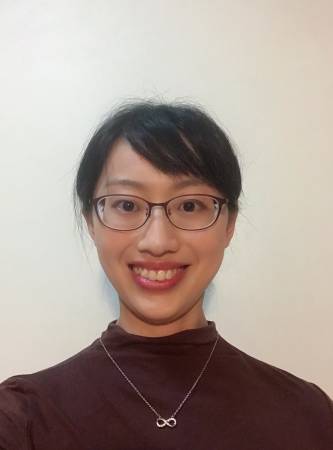Neural Radiance Fields with LiDAR Maps
Abstract: Maps, as our prior understanding of the environment, play an essential role for many modern robotic applications. The design of maps, in fact, is a non-trivial art of balance between storage and richness. In this thesis, we explored map compression for image-to-LiDAR registration, LiDAR-to-LiDAR map registration, and image-to-SfM map registration, and finally, inspired by [...]
Enabling Data-Efficient Real-World Model-Based Manipulation by Estimating Preconditions for Inaccurate Models
Abstract: This thesis explores estimating and reasoning about model deviation in robot learning for manipulation to improve data efficiency and reliability to enable real-robot manipulation in a world where models are inaccurate but still useful. Existing strategies are presented for improving planning robustness with low amounts of real-world data by an empirically estimated model precondition to guide [...]
Robust Adaptive Reinforcement Learning for Safety Critical Applications via Curricular Learning
Abstract: Reinforcement Learning (RL) presents great promises for autonomous agents. However, when using robots in a safety critical domain, a system has to be robust enough to be deployed in real life. For example, the robot should be able to perform across different scenarios it will encounter. The robot should avoid entering undesirable and irreversible [...]
Motion Matters in the Metaverse
Abstract: Abstract: In the early 1970s, Psychologists investigated biological motion perception by attaching point-lights to the joints of the human body, known as ‘point light walkers’. These early experiments showed biological motion perception to be an extreme example of sophisticated pattern analysis in the brain, capable of easily differentiating human motions with reduced motion cues. Further [...]
MSR Thesis Talk: Yichen Li
Title: Simulation-guided Design for Vision-based Tactile Sensing on a Soft Robot Finger Abstract: Soft pneumatic robot manipulators have garnered widespread interest due to their compliance and flexibility, which enable soft, non-destructive grasping and strong adaptability to complex working environments. Tactile sensing is crucial for these manipulators to provide real-time contact information for control and manipulation. [...]
Controllable Visual-Tactile Synthesis
Abstract: Deep generative models have various content creation applications such as graphic design, e-commerce, and virtual Try-on. However, current works mainly focus on synthesizing realistic visual outputs, often ignoring other sensory modalities, such as touch, which limits physical interaction with users. The main challenges for multi-modal synthesis lie in the significant scale discrepancy between vision [...]
Geometry Processing and Differential Geometry
Abstract: Basic representations for three-dimensional geometry have a profound effect on what can be achieved downstream, in a variety of disciplines (physical simulation, computational design, geometric learning, etc.). In this talk I will discuss recent efforts in our group to revisit fundamental choices in the way we represent digital geometry, and solve geometric equations. The guiding [...]
Perceiving Particles Inside a Container using Dynamic Touch Sensing
Abstract: Dynamic touch sensing has shown potential for multiple tasks. In this talk, I will present how we utilize dynamic touch sensing to perceive particles inside a container with two tasks: classification of the particles inside a container and property estimation of the particles inside a container. First, we try to recognize what is inside [...]
Towards Photorealistic Dynamic Capture and Animation of Human Hair and Head
Abstract: Realistic human avatars play a key role in immersive virtual telepresence. To reach a high level of realism, a human avatar needs to faithfully reflect human appearance. A human avatar should also be drivable and express natural motions. Existing works have made significant progress on building drivable realistic face avatars, but they rarely include [...]







